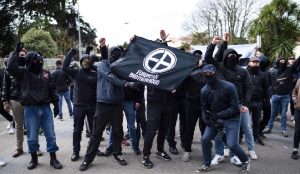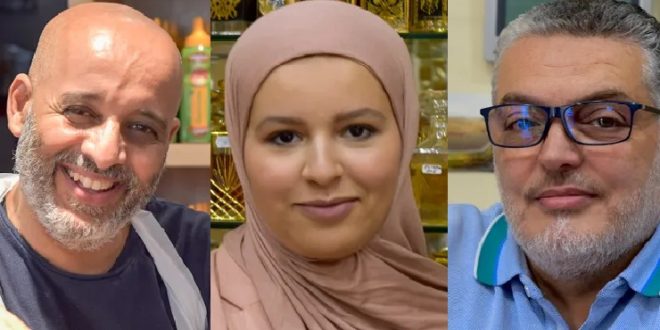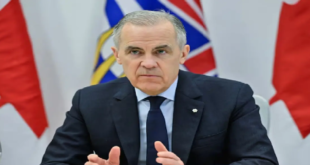15-07-2024
PARIS: “Of course, we went to vote for Melenchon,” says Houcine, a 49-year-old butcher of Moroccan descent in Belleville, a diverse Parisian neighborhood.
“On Sunday, I went to the polling station again, but it was closed. A woman explained to me that the left candidate had already won and been elected deputy after the first round. I didn’t even know,” he adds with a smile that lights up his face.
 Jean-Luc Melenchon is the 72-year-old veteran socialist heading up the New Popular Front (NFP), a left-wing alliance that secured most seats in the second round of recent parliamentary elections, crucially stopping the far right from seizing power.
Jean-Luc Melenchon is the 72-year-old veteran socialist heading up the New Popular Front (NFP), a left-wing alliance that secured most seats in the second round of recent parliamentary elections, crucially stopping the far right from seizing power.
Houcine, a father of three who moved to France 26 years ago, embodies the joyful spirit among marginalized communities in Paris following Sunday’s run-off.
The clouds hovering over Belleville, home to North African restaurants, Asian food shops and a few gentrified bars, fail to dampen the mood.
“I knew that the [National Rally] wouldn’t make it. They are too racist and France, it’s also us, immigrants,” says Houcine but many others had feared that Marine Le Pen’s anti-immigration party would win a majority at the National Assembly, after a historically high score during the first round.
Their concerns were compounded by memories of the last two presidential elections, during which Le Pen challenged President Emmanuel Macron in a second round.
Her popularity remains undeniable but to the surprise of many, the New Popular Front coalition ultimately won the most seats in the parliament 188, beating Ensemble, Macron’s centrist movement which secured 161 seats. The National Rally bagged 142 seats falling from first to third place in just a week.
The result followed a crunch deal between left-wing and centrist candidates to “block the far right” by withdrawing some politicians in areas where the far right had sway.
All parties fell short of the 289 seats required for a majority, meaning France now has a hung parliament while coalition negotiations take place, a process that could last several weeks.
 Rokhaya Diallo, a French journalist, writer, filmmaker and activist who is focused on equality, cautioned against celebrating Sunday’s results.
Rokhaya Diallo, a French journalist, writer, filmmaker and activist who is focused on equality, cautioned against celebrating Sunday’s results.
“It is a relief to have been able to limit the influence of the National Rally, but it is far from a victory. They have increased the number of their deputies by 58 percent,” she said. “The good result of the left has been made possible by the mobilization of the civil society, who has been doing phone actions, canvassing, holding rallies … It is thanks to true work on the field.”
Houcine hopes that Melenchon, “everyone’s favorite here”, will govern the country.
A few blocks away from Houcine’s butchery, Jouhayna, a 20-year-old French Moroccan student who helps run the family’s parfumerie when she is not at university, opens up about a grim exchange.
“After the first round of elections, I was very scared and disappointed to see the National Rally’s result. One day, as I was opening the shop, a man looked at me and said: ‘We are in France here, missuses.”
She believes he was referring to her colourful hijab.
While she feels “relieved” the far right has been kept at bay, she says it is “only the beginning of the fight”.
“It is a half-hearted victory. Today, we have won, but the scores of the National Rally don’t foreshadow anything good for the future. In 10, 20 years, who knows what will happen?”
For her, the “unabashed racism” unleashed by the National Rally towards migrant communities and Muslims will scar the country. (Int’l Monitoring Desk)
 Pressmediaofindia
Pressmediaofindia




